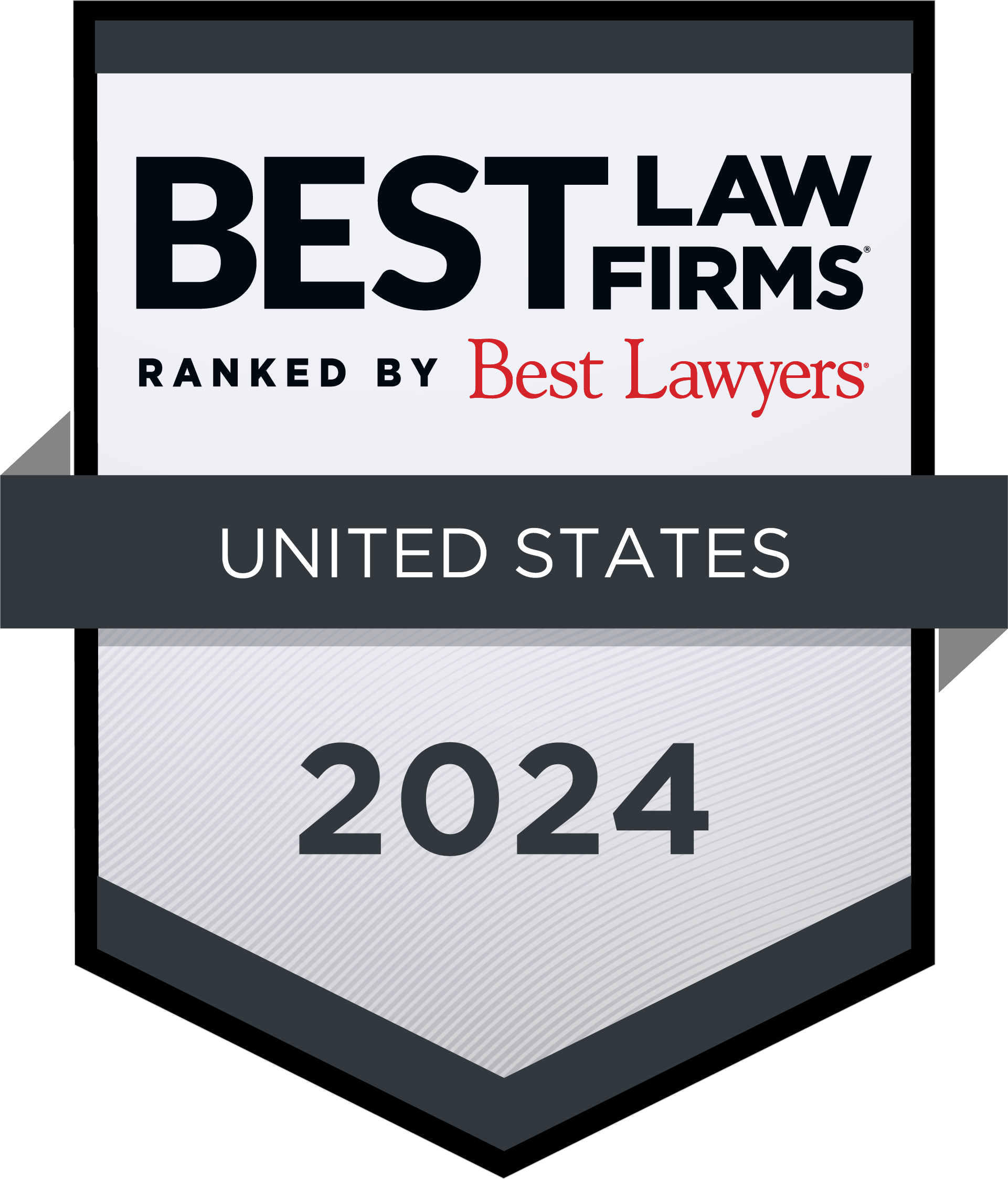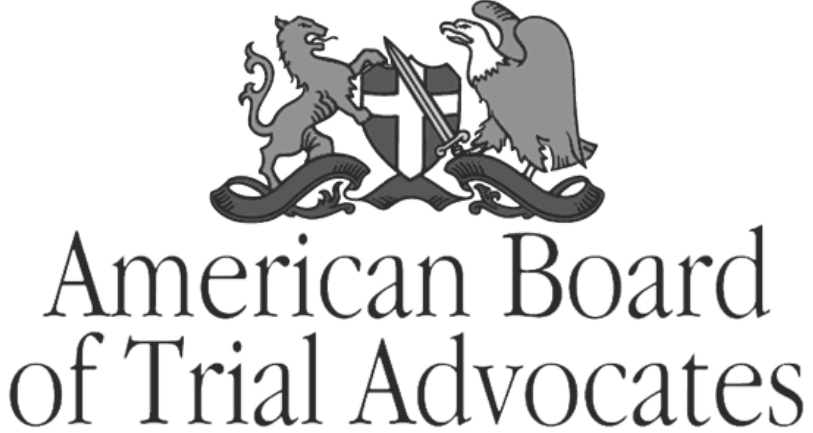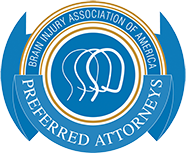Virginia Wrongful Death Lawyers
Losing a loved one is an incredibly challenging experience. When that loss is due to someone else's negligence or wrongful actions, the emotional and financial burden can be overwhelming. In such distressing times, seeking justice and holding responsible parties accountable becomes essential.

In the face of tragedy, the loss of a loved one due to the negligence or wrongful actions of another can be an overwhelming experience. Coping with the emotional devastation while navigating the legal complexities can be an arduous journey.
.png)
At the Smith Law Center, we understand the profound impact that wrongful death cases have on families. We are committed to providing compassionate and steadfast legal representation during these difficult times.
Our team of experienced and dedicated wrongful death attorneys is here to guide you through the legal process with empathy. We recognize that every case is unique, and we approach each situation with the utmost sensitivity, tailoring our legal strategies to meet the individual needs and concerns of our clients.
Rest assured that you are not alone in this journey. The attorneys at the Smith Law Center are here to provide unwavering support. We are dedicated to securing justice for those who can no longer speak for themselves.
When the unthinkable happens, trust in our dedicated legal team to be your advocates. Contact us today at (757) 244-7000 for a free, confidential consultation, and find the best path forward for you and your family.
What Kind of Compensation Can a Virginia Wrongful Death Lawsuit Help Secure?
In a Virginia wrongful death lawsuit, compensation is pursued to provide financial relief to the surviving family members who have suffered as a result of their loved one's untimely death.
The specific types of compensation that may be sought in a wrongful death case can include:
- Medical Expenses: Compensation may cover the medical bills related to the deceased person's final illness or injury.
- Loss of Income and Support: In many cases, the deceased provided financial support to their family. In such instances, a wrongful death lawsuit may seek compensation for the lost income and support that the family would have received if the person were still alive.
- Funeral and Burial Costs: The costs associated with laying a loved one to rest can be significant and are often recoverable.
- Loss of Companionship: This addresses the emotional and psychological impact of losing a family member and the resulting void in the family dynamic.
- Punitive Damages: In certain cases, where the responsible party's actions are deemed particularly egregious, punitive damages may be awarded. These are meant to punish the wrongdoer and deter similar conduct in the future.
It's important to note that Virginia law has specific guidelines and limitations on who can file a wrongful death lawsuit and what types of damages are recoverable.
Consulting with an experienced Virginia wrongful death attorney is crucial to understanding your rights and pursuing the appropriate compensation for your particular case.
At the Smith Law Center, we can provide guidance tailored to your circumstances and help navigate the legal process with compassion. Contact us today at (757) 244-7000 to explore your options.
What Types of Accidents Can a Virginia Wrongful Death Attorney Handle?
A Virginia wrongful death attorney is equipped to handle a wide range of accidents and incidents that result in the tragic loss of a loved one due to someone else's negligence or wrongful actions.
Some common types of accidents that may lead to wrongful death claims in Virginia include:
- Vehicle Accidents: These are fatalities resulting from car, truck, or motorcycle crashes, whether due to another driver's negligence, reckless behavior, or defective vehicle components. For collisions involving commercial trucks, other factors may come into play like driver fatigue, improper maintenance, or overloaded cargo.
- Medical Malpractice: This category includes deaths resulting from medical negligence such as surgical errors, misdiagnosis, medication mistakes, or inadequate patient care.
- Premises Liability, Workplace, and Construction Accidents: This includes deaths resulting from accidents on someone else's property, such as slip and falls. Fatalities that occur on the job due to unsafe working conditions or employer negligence also qualify. The same is true for wrongful deaths on construction sites caused by falls, equipment malfunctions, or other hazardous conditions.
- Defective Products and Dangerous Drugs: Fatalities caused by the use of defective products can include dangerous pharmaceutical drugs, malfunctioning vehicles, or toxic household goods.
- Nursing Home Abuse or Neglect: Wrongful deaths of elderly or vulnerable individuals in nursing homes due to neglect, abuse, or substandard care deserve justice.
It is essential to consult with a Virginia wrongful death attorney to assess the specific circumstances of the case. Our legal professionals can provide guidance on whether there is a viable legal claim and the potential types of compensation that may be pursued.
Smith Law Center attorneys can navigate the legal complexities and advocate for the rights of the surviving family members during this challenging time.






About Smith Law Center
What Does a Virginia Wrongful Death Lawyer Do For Your Case?
Here are some key aspects of what a Virginia wrongful death lawyer does for your case:
- Investigation: We conduct a thorough investigation into the incident. This involves gathering evidence, interviewing witnesses, and collaborating with experts to determine liability and build a strong case.
- Negotiation: Your lawyer engages in negotiations with insurance companies or the legal representatives of the responsible parties to reach a fair settlement. The lawyer will advocate for the maximum compensation possible on behalf of the surviving family members.
- Representation: If a settlement cannot be reached, a wrongful death lawyer is prepared to file a lawsuit and represent the family in court. This includes presenting the case, cross-examining witnesses, and arguing on behalf of the family's rights.
Hiring a skilled Virginia wrongful death lawyer ensures that you have a dedicated advocate who understands the complexities of the legal system and can steer the process on your behalf. This allows the surviving family members to focus on healing while the lawyer works diligently to pursue justice and fair compensation for their loss.
Contact a Proven Virginia Wrongful Death Law Firm
Securing the services of a proven Virginia wrongful death law firm is a crucial step toward seeking justice and obtaining fair compensation for the untimely loss of a loved one. The complexities of wrongful death cases require the assistance of dedicated attorneys. Such lawyers must understand the intricacies of Virginia law and have a track record of success in similar matters.
Why Hire Smith Law Center
By reaching out to our law firm, you’re able to access our years of proven experience. You also gain a source of compassionate support during a difficult time. Attorneys at the Smith Law Center will guide you through the legal process and tirelessly work to build a strong case on your behalf.
The pursuit of justice is a collaborative effort. With a proven Virginia wrongful death law firm by your side, you can navigate the legal complexities with confidence, allowing you to focus on healing and honoring your loved one’s memory.
Contact the Smith Law Center at (757) 244-7000 for a free consultation to secure the justice and closure you deserve.
FAQ
Virginia Wrongful Death Lawsuit FAQs
What qualifies as a wrongful death in Virginia?
In Virginia, a wrongful death occurs when a person's death is caused by the wrongful act, neglect, or default of another party. Common examples include car accidents, medical malpractice, workplace accidents, and intentional acts.
Who can file a wrongful death lawsuit in Virginia?
The Virginia Code specifies that the personal representative of the deceased person's estate has the right to file a wrongful death lawsuit. This representative is typically appointed in the decedent's will or by the court.
How can I afford a Virginia wrongful death attorney?
Our wrongful death attorneys at Smith Law Center work on a contingency fee basis, meaning we only get paid if we secure a settlement on your behalf, or we win your case in court. This allows you to pursue legal action without upfront costs.
Is there a time limit for filing a wrongful death lawsuit in Virginia?
Yes, Virginia has a statute of limitations or filing deadline for wrongful death cases. Generally, the lawsuit must be filed within two years from the date of death. It's crucial to consult with an attorney promptly to ensure compliance with this time limit.
Contact the Smith Law Center for your free consultation at (757) 244-7000 right away to ensure you don’t miss your window of justice.





